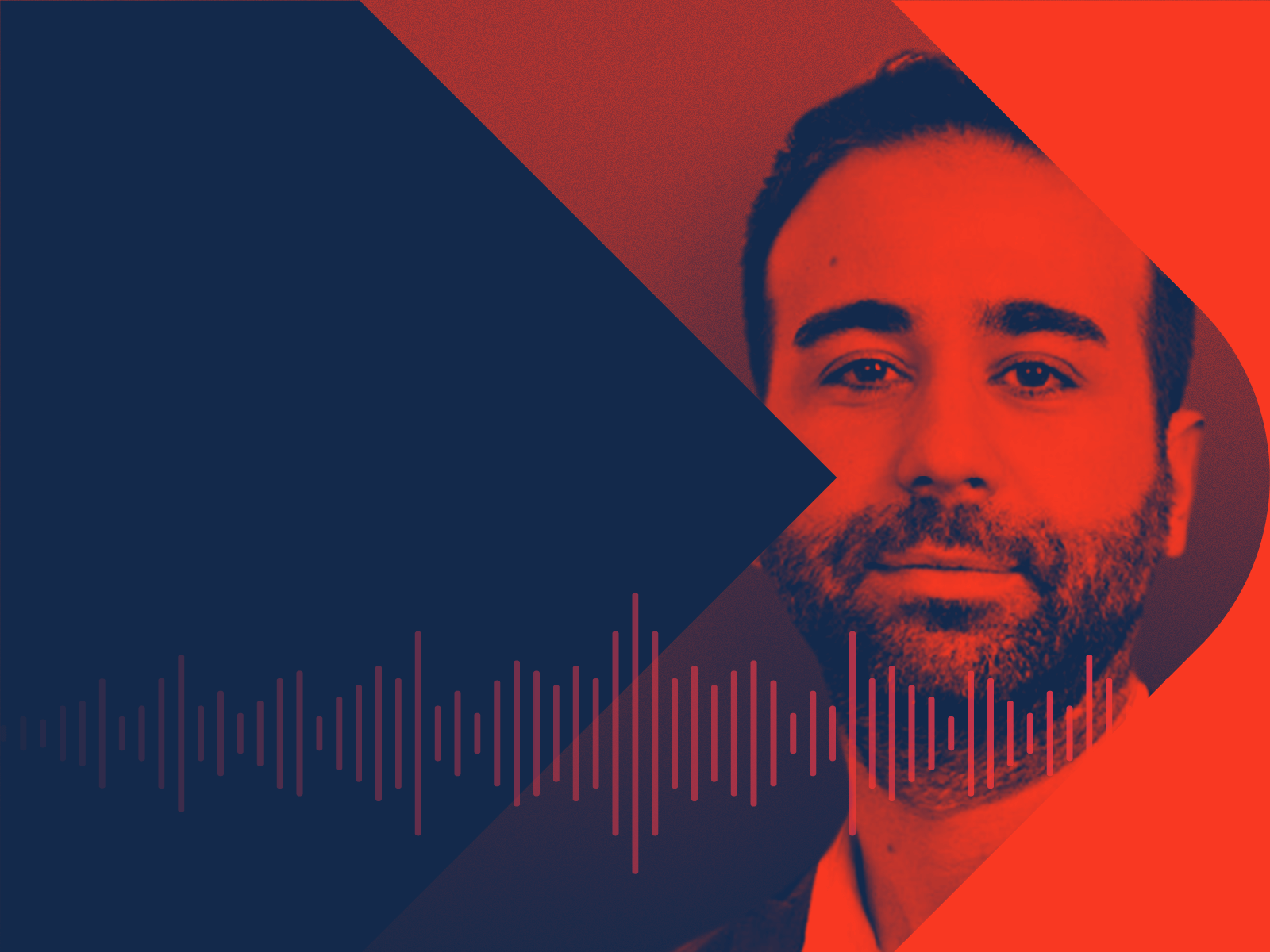While so many retailers were mightily affected by the pandemic in terms of in-store shopping, grocers have still had plenty of foot traffic from consumers and shoppers from Instacart and other services. As such, they’ve had to meet their customers where they are, and adapt their methods for reaching them.
In the seventh episode of our Identity Architects podcast, our COO Lauren Wetzel spoke with Michael Schuh, VP of Media Strategy for Kroger Precision Marketing, to discuss the retail media landscape, how data can improve the customer experience, how Kroger drives customer loyalty, the recently launched Kroger Private Marketplace, and more.
“We're on a mission to make brand advertising more effective for advertisers, to close the loop between media exposure and store sales, and really drive toward real business outcomes for our advertising partners and for ultimately a good experience for our customers.”
Loyalty programs have a long and storied history in building relationships between brands — be they grocers, retailers, or travel companies — and consumers. Building these loyalty programs is just part of the battle. Creating a fair value exchange with consumers is important to ensure that they continue to engage with the loyalty programs. That is built on delivering value, as well as establishing trust.
“It's a new age in terms of how consumers view their data, and how we as retailers treat data security and privacy. The digital marketing industry is really long overdue for more transparency around data collection practices and the value exchange with customers.”
The rise of retail media
The past few years have seen many retailers and grocers establish or expand their own media networks, with Walmart, Home Depot, and Albertson’s as some of the biggest names. To each company an integrated media network means something different - depending on how their consumers shop, how they collaborate with their partners, and what their goals are.
Lauren asked Michael about Kroger’s recent launch of the Kroger Private Marketplace, and how their media network fits into the landscape:
“It's a little bit different than a traditional private marketplace, which most people think of as, exclusive inventory that a media platform or partner might provide and curate for a specific sort of brands to engage with. This is much more about the data and the science and the measurement that we bring and really feel like this differentiates us as a platform.”
“We've really built Kroger Precision Marketing and the ecosystem and portfolio of advertising products that we have across our owned and operated properties… to create the right access points for advertisers to use our data and our science and our measurement to improve the effectiveness of their advertising investments, to build solutions. It’s not just advertising that helps them achieve their objectives and specific business goals.”
Much like InfoSum is agnostic when it comes to data collaborations, and can work with all types of companies with different data stacks, Michael spoke about how Kroger prioritized agnosticism when creating the Private Marketplace.
“The real focus and how we've set it up for us is on creating the right access point for advertisers, and not making them come to us. We want to meet advertisers where they are — in their preferred DSP, with their own buying tools, with their own brand safety, verification tools, tagging requirements and other things. So we are enabling advertisers to build custom audiences with us, using our data and our science, to pair that with whatever inventory they would like, and push that into their existing DSPs.”
Loyalty, loyalty, loyalty
Traditionally, loyalty programs were focused on driving repeat purchases and increasing monetary spend, but now they are more focused on personalization and use of data through one-to-one relationships with customers.
Lauren asked Michael about how Kroger and other grocers go about building those loyalty relationships with their shoppers, and how that compares with how other retailers build those relationships.
“As a grocery retailer, we've built up that trust with customers, and there's different levels of that; there are different impacts to loyalty and engagement at different points in a customer's journey as they go through major life stages. Grocery certainly is not as sexy as some of the bigger retail industries out there, but in some ways, there's some advantages in that connection to customers that we have… If you try a new bag of chips, for example, you might buy that every week for the next year.”
“It's kept our customers really engaged, really loyal to Kroger, and loyal to specific brands. That allows us to reward them and provide the right exchange with them in exchange for that transparency and real value that they see in the relationship with their favorite grocer, Kroger.”
Kroger’s had to adapt from their loyalty program they created more than 20 years ago. More than just accruing points when shopping in-store, what does that look like now?
“The experience that you see on the desktop is nearly exactly the same as what you see in the mobile app. Your experience at Kroger is the same as your experience at Fred Meyer (a Kroger brand) in the northwest, and each of your different touch points as a customer, whether you're making a purchase in-store or online impacts one or the other.”
And what have been the biggest changes Kroger has seen?
“Knowing what somebody purchased in-store the week before is a really important signal to help the customer find what they might be looking for this week, online, and vice versa. And so that really seamless connection we see customers using their phone and mobile app in-store much more frequently. Now they either navigate the store or download digital coupons as they walk the aisles or, or use Kroger Pay at checkout for a touchless and contact-free checkout experience. That has been the real evolution that we've seen.”
Bringing it back to the customer experience
And to drive the point home in how Kroger values its consumers, Michael said “Our focus has always been people. People don't need more advertising - they need that advertising to work harder for them. So whether you're an advertiser, or whether you're a customer, you know that the customer doesn't want to see something irrelevant. For an advertiser, if the customer doesn't see value in what you're showing them and the message you're putting in front of them, it's not going to drive a good return or a positive outcome, no matter what your objective is.”
Thanks, Michael Schuh, for the chat.





